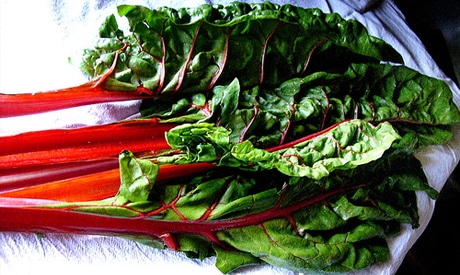
The obesity rates in Nordic countries (Denmark, Norway and Sweden) are far less than in the U.S. While the obesity rate in the U.S. is 30.6 percent, it's 9.7 percent in Sweden it is , 9.5 percent in Denmark , and 8.3 percent in Norway. Clearly, when it comes to nutrition and physical activity recommendations, Americans can learn much from Nordic countries. Enter the fifth edition of the Nordic Nutrition Recommendations (NNR) which is led by a Nordic working group that includes over 100 scientific experts. Since 1980, a new edition has been published every eight years, and this year is the first time it is available online for free.
This edition of the NNR focuses on dietary patterns, and recommends that the typical features of a healthy diet include plenty of plant based nutrition such as vegetables, fruit and berries, vegetable oils, and whole grains. Vegetables and fruits should include dark green leafy, fresh peas and beans, cabbage, onion, root vegetables, fruiting vegetables (tomatoes, peppers, avocados, and olives), and berries. The NNR also recommends regular intake of fish, and low fat alternatives of dairy and meat. Read more about avocados
The NNR notes that Western-type diets are “characterized by high consumption of processed meats and red meats and of food products low in essential nutrients but high in added sugar and fat and high in salt.” It recommends a limited intake of red and processed meat, sugar, salt and alcohol. Since processed foods provide a large proportion of the total salt intake, they should be significantly reduced.
Specific recommendations include the following:
- Fiber intake should be at least 25 to 35 grams a day for adults
- Added sugars should be below 10 percent of the energy intake
- Proteins for adults and children two years of age should provide 10 to 20 percent of the total energy intake
- Alcohol consumption should be limited and not exceed 10 grams of alcohol per day for women and 20 grams per day for men
- Exclusive breastfeeding is recommended for children for the first six months
- Protein intake for children should increase from five percent of the total energy intake (the level in breast milk) to the intake range of 10 to 20 percent for older children and adults
Regular physical activity contributes to overall health
The NNR recommends reducing sedentary behavior for both adults and children. Getting adequate physical activity is important to prevent lifestyle-related diseases like cardiovascular disease. Daily physical activity is recommended. For adults, a minimum of 150 minutes of moderate-intensity physical activity or 75 minutes of vigorous-intensity physical activity throughout the week is recommended. Aerobic activity should be done in bouts of at least 10 minutes long. Adults should increase their moderate intensity physical activity to 300 minutes a week or 150 minutes of vigorous-intensity level activity for added health benefits. Children and adolescents should do at least 60 minutes of moderate to vigorous-intensity physical activity daily, but more than 60 minutes will give them added health benefits. And activities should be as diverse as possible in order to gain the most benefits.
Photo Credit: chotda










